Researchers from Baidu Research and the University of Maryland have developed a robotic excavator system that integrates perception, planning, and control capabilities to enable material loading over a long duration with no human intervention.
Get the latest international news and world events from around the world.
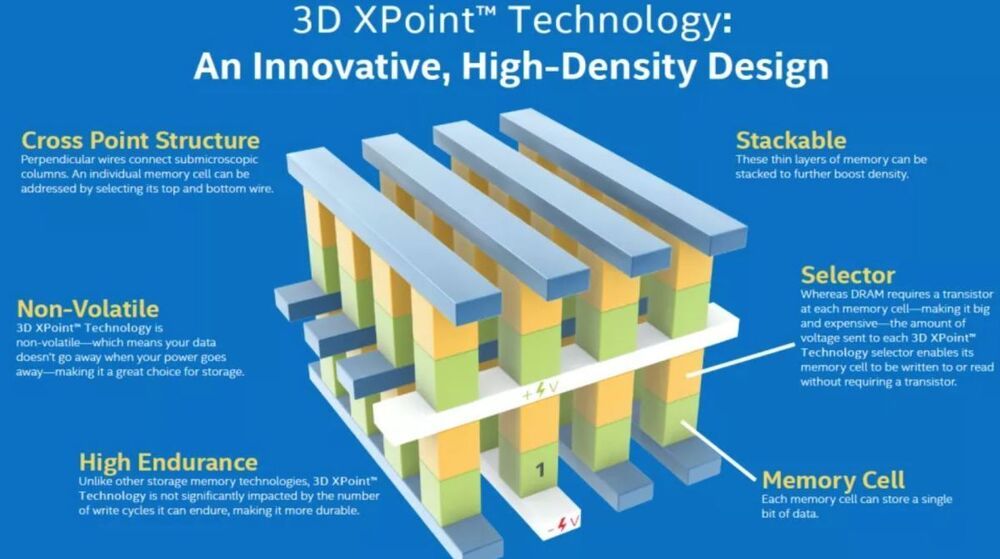
Micron to Sell 3D XPoint Fab to Texas Instruments for $900 Million
Micron pops the parachute.
Micron announced today that it has entered into a definitive agreement to sell its Lehi, Utah fab to Texas Instruments for $900 million in cash. In March, Micron announced that it planned to sell off the fab, bringing an end to its production of the radical new 3D XPoint (Optane) memory technology that it developed with Intel. Texas Instruments plans to deploy its own technologies at the site, meaning that it will not be used for 3D XPoint production. Intel currently doesn’t have any known high-volume production of the strategically important storage/memory media. However, it is known to produce a small amount of the media for research and validation at its New Mexico facility. As a result, Intel will likely have to establish its own production lines to ensure the supply of its Optane based SSDs and persistent memory DIMMs for its data center clients, though demand has seemed tepid.
Micron chose to exit 3D XPoint manufacturing due to lackluster demand that the company said had “insufficient market validation to justify the ongoing high levels of investments required to successfully commercialize 3D XPoint at scale.” The company recently divulged that it lost $400 million this year alone due to the lack of demand for 3D XPoint.
Micron has an agreement to produce 3D XPoint (which Intel brands as ‘Optane’) for Intel until the end of 2021. However, Intel’s own efforts to productize Optane, which uses the 3D XPoint media, have met with slow but steady uptake in the data center but fizzled in the consumer market. As such, Intel ceased production of all Optane devices for desktop PCs in January 2021.
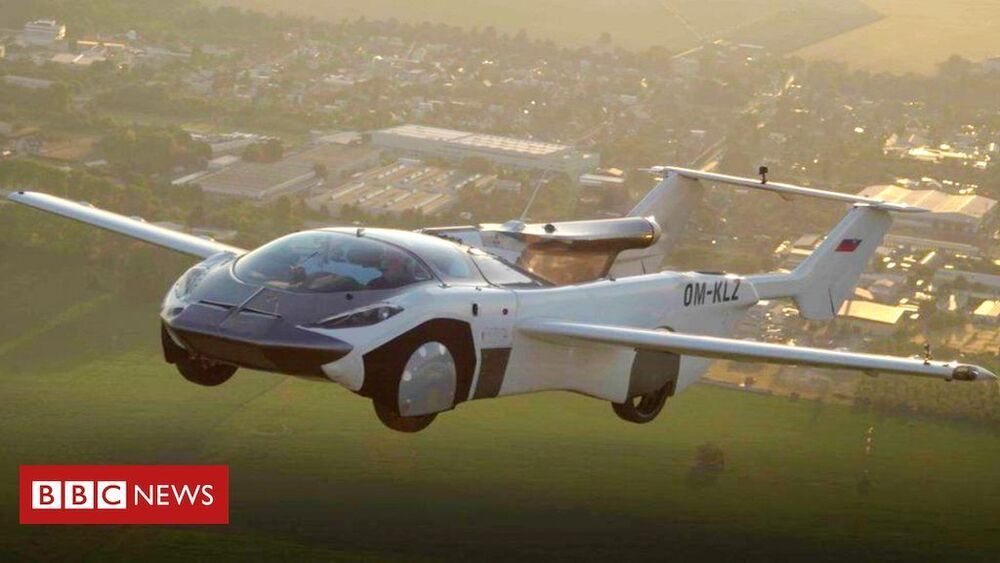

Cybercriminals are deploying legit security tools far more than before, researchers conclude
Answer.
Financially motivated cybercriminals are increasingly turning to Cobalt Stike, a legitimate tool that cybersecurity professionals use to test system security, researchers at Proofpoint found.
The cybersecurity firm declined to disclose specific numbers but reported a 161% increase in attacks using Cobalt Strike in 2020 compared to 2019. Proofpoint researchers have already seen tens of thousands of organizations targeted by the tool this year and expect those numbers to climb in 2021, according to the report the firm released Tuesday.
Threat groups are able to get ahold of the tool from pirated versions circulating the dark web, according to Sherrod DeGrippo, senior director of threat research and detection at Proofpoint.
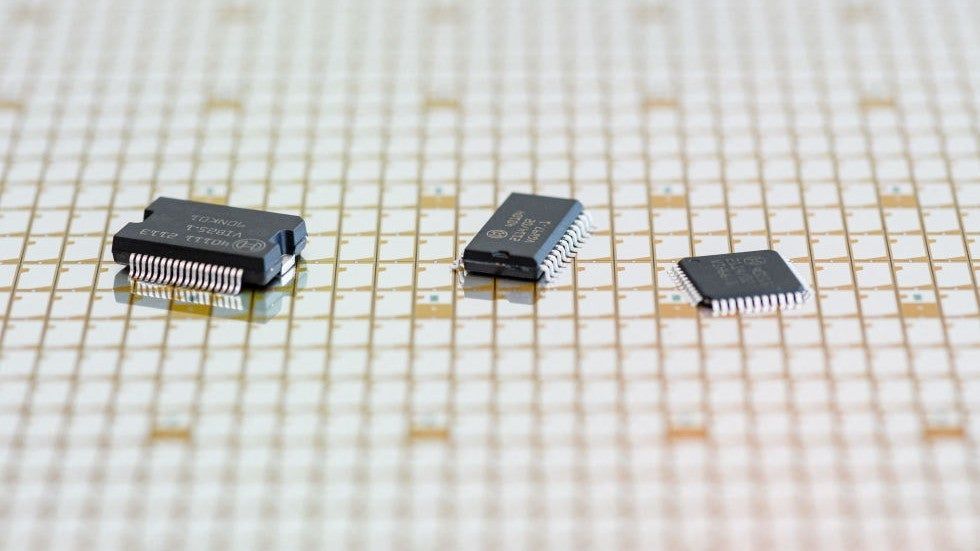
Your chips will be in short supply this July 4
Fortunately, automakers, suppliers and government leaders are examining things like electric vehicles and where batteries and other parts come from as they push for North American production. The Department of Energy has released a National Blueprint for Lithium Batteries, and a plan to support the domestic battery production to meet growing needs as people go back to work and school in the fall.
It is tempting to see the chip storage problem as just a technology story. But it also has real-world implications for our national security as so much of defense relies on computers and communications in the era of modern warfare.
As Americans celebrate our independence, we have to re-commit to being independent when it comes to reliance on others for goods and services that fuel our lives. We can’t make everything at home, but we can make more and ensure that disruptions abroad don’t reverberate, negatively, at home. As Congress continues to debate infrastructure and other major legislation, and the COVID-19 pandemic retreats, we will need to work together to ensure that we are prepared for whatever 2022 might bring.
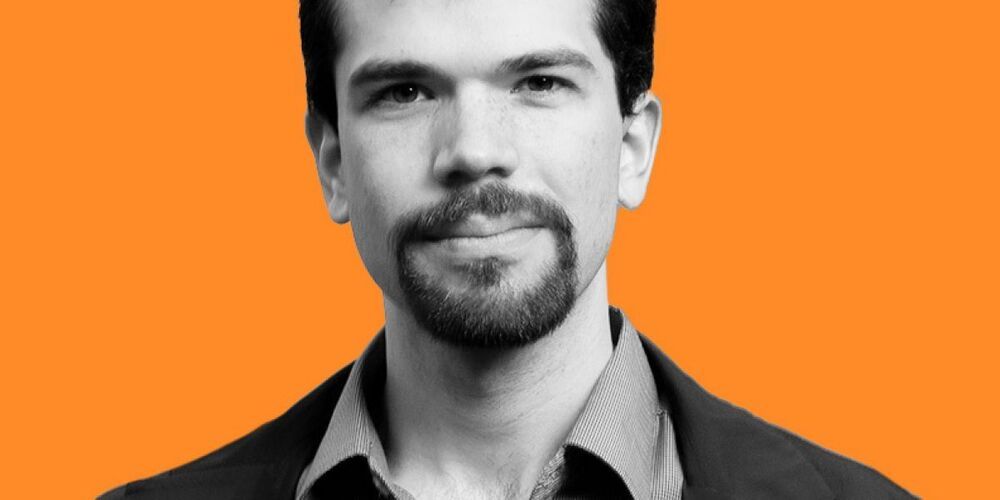
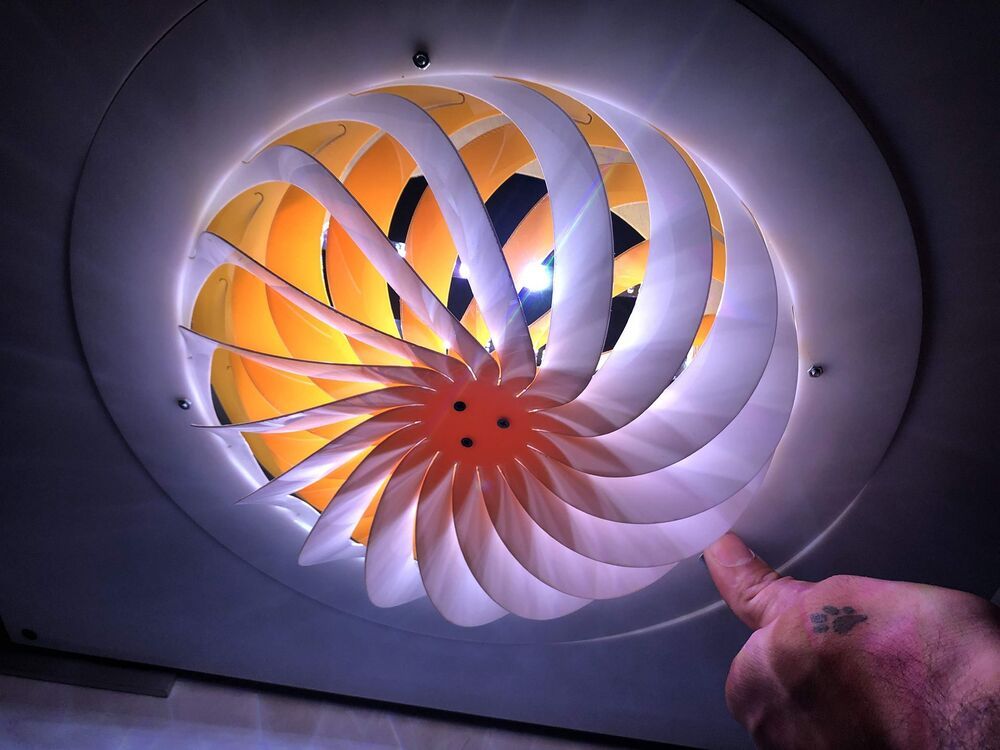
Kiriform tech allows flat objects to be twisted into 3D shapes
Ordinarily, if you’re building something, you don’t want the materials to buckle under pressure. In a new Harvard University-designed system, however, that buckling action allows flat-packed objects to be twisted into useful three-dimensional forms.
Most existing “buckling-induced deployable structures” consist of linked straight pieces that are popped into shape via straight linear motion, which often requires a fair bit of force to be applied by the user. Folding chairs are one frequently frustrating example.
Seeking an easier alternative, Harvard researchers instead set about building items made up of linked curved pieces. Generally speaking, curved objects (such as beams) are less mechanically stable than their straight counterparts. In most scenarios, this is an undesirable quality. In the case of pop-up devices, though, it means that they’re easier to buckle into the desired form.
Black holes eat neutron stars for breakfast — and burp out gravitational waves
“In physics, we often say that exceptional discoveries require exceptionally strong evidence.”
Within the space of ten days, LIGO detected gravitational waves that prove black holes can form binaries with neutron stars.
Mendel’s Law Of Independent Assortment
#mendelslawofindependentassortment #Genetics #genes #molecularbiology #biology #biotech #recombinants #Genetic
This video explains the mendel’s law of independent assortment.
Thank You For Watching.
Please Like And Subscribe to Our Channel: https://www.youtube.com/EasyPeasyLearning.
Like Our Facebook Page: https://www.facebook.com/learningeasypeasy/
Join Our Facebook Group: https://www.facebook.com/groups/460057834950033
Support Our Channel: https://www.patreon.com/supereasypeasy

Big oil and gas kept a dirty secret for decades. Now they may pay the price
Almost all the lawsuits draw on the oil industry’s own records as the foundation for claims that it covered up the growing threat to life caused by its products.
Shell, like other oil companies, had decades to prepare for those consequences after it was forewarned by its own research. In 1958, one of its executives, Charles Jones, presented a paper to the industry’s trade group, the American Petroleum Institute (API), warning about increased carbon emissions from car exhaust. Other research followed through the 1960s, leading a White House advisory committee to express concern at measurable and perhaps marked changes in climate by 2000.
With an unprecedented wave of lawsuits, America’s petroleum giants face a reckoning for the environmental devastation caused by fossil fuels – and covering up what they knew along the way.